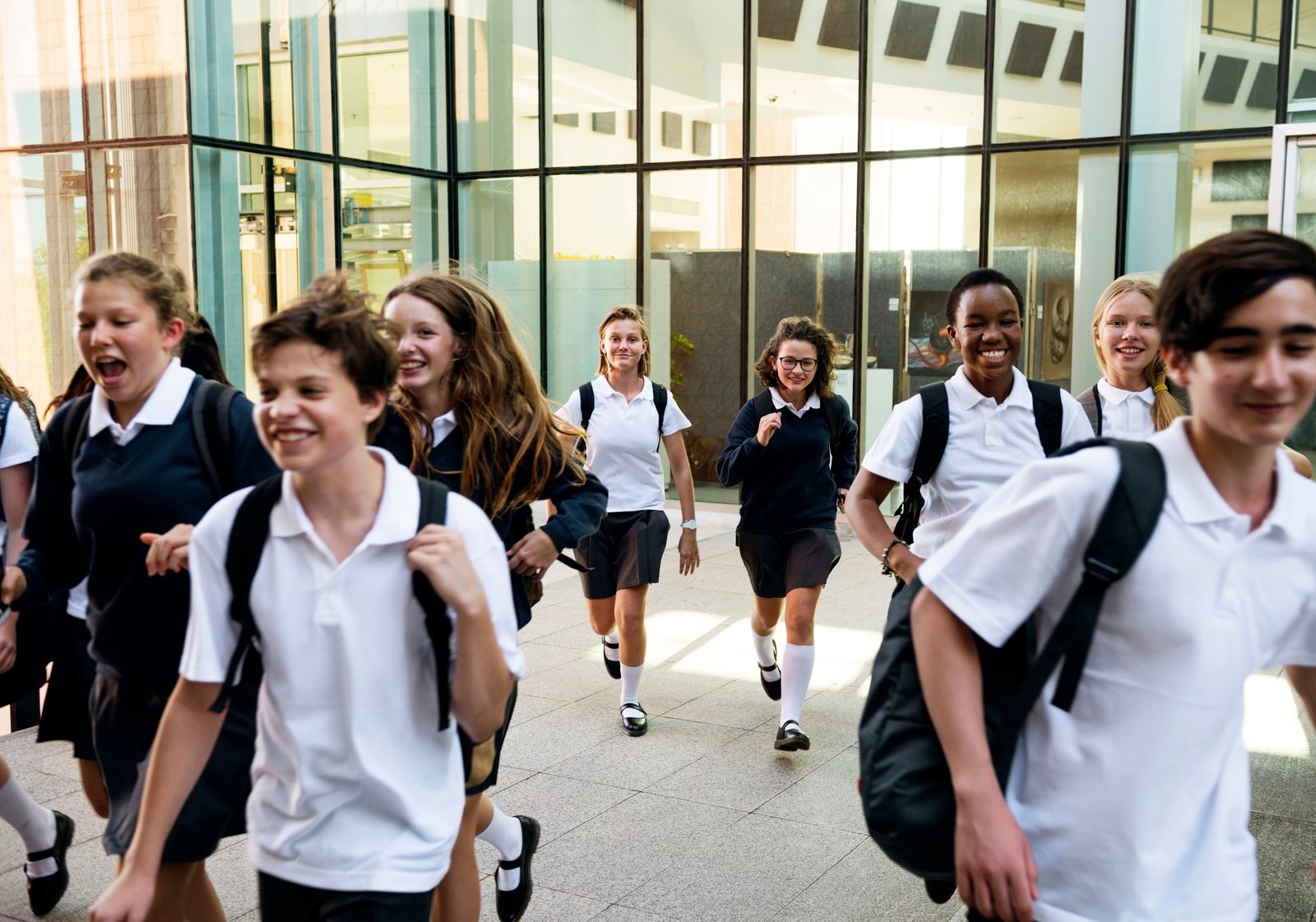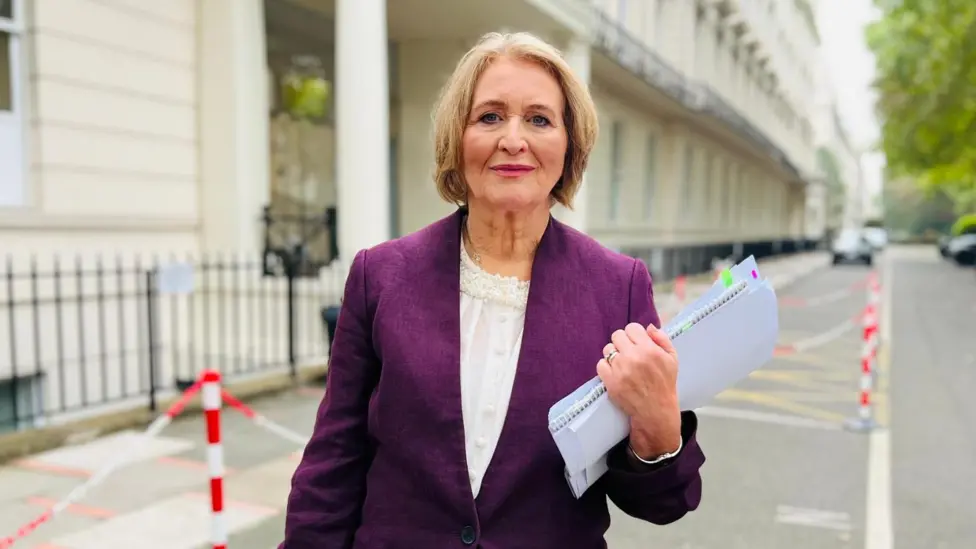Report calls for new strategy for children’s mental health services to tackle ‘perverse’ situation where NHS local spending prioritises treating bunions over supporting young people considering self-harm

- New report by the Centre for Young Lives think tank provides a deep dive into spending on children and young people’s mental health services – and reveals a strategic hole and postcode lottery.
- Analysis by the Centre for Young Lives suggests fewer than one in ten of the NHS’s Integrated Care Boards in England have a dedicated strategy for children and young people’s mental health. None of the ICBs the Centre has examined had identified children and young people’s mental health as one of their key priorities within their Integrated Care Strategy or Joint Forward Plan.
- FOI data collected by the Centre for Young Lives from ICBs and Mental Health Trusts suggests there are significant regional variations in spending on community-based services for children and young people.
- FOI data returns suggest ICBs and Mental Health Trusts are spending less than 20% of their commissioning budget on non-specialist, community-based mental health services for children and young people – despite the Government’s ambition to increase these services as part of its NHS 10 Year Plan.
The Centre for Young Lives think tank is today (Wednesday 30th April) publishing a new report, “Growing Up Well: Ambitious for the future of Children and Young People’s Mental Health Support”, which provides a deep dive into spending on and strategies for children and young people’s mental health services in local areas across England.
[.download]Download the report[.download]
It includes new data analysis of Freedom of Information (FOI) requests made by the Centre for Young Lives to Integrated Care Boards (ICBs) – the part of the NHS which plans and commissions health services in local areas - and Mental Health Trusts in England, as well as a study of the published strategies and plans from 21 ICBs across the country.
The report’s analysis suggests fewer than one in ten of the NHS’s Integrated Care Boards in England have a dedicated strategy for children and young people’s mental health. It also reveals a postcode lottery of spending on mental health community support for children and young people.
At a time when one in five children and young people in England have a diagnosable mental health problem, the report raises concerns that many local health services are not making children’s mental health a priority for funding or action. The report finds a welcome growth in spending on community services since the development of the mental health support teams programme – yet some ICBs are still spending as little as 18% of their budgets on community mental health support for children and young people outside the NHS, and mental health trusts are spending just 13%.
This is despite research showing that every £1 invested in Children and Young People’s Mental Health Services (CYPMHS), an estimated £2.20-£3.50 in benefits to individuals and £1.00-£1.80 in savings to the Government could be realised. It is also 100 times cheaper on average to treat a young person in their community, compared to treating them in inpatient settings.
The report highlights the need for national and local strategic prioritisation of children and young people’s mental health, with a particular focus on delivering mental health support in the community, in line with the NHS 10 Year Plan.
The report also shows how the “treatment gap” continues to widen. In 2022/23, of the 1.4 million children estimated to have a mental health problem, less than half (48%) received at least one contact with Children and Young People’s Mental Health Services (CYPMHS).
The Centre submitted a FoI request to all 42 Integrated Care Boards and 52 designated Mental Health Trusts across England, asking for their budget and spend on children and young people’s mental health services and for a break down in their total budget and spend across specialist support and non-specialist services. We received returns from 35 Integrated Care Boards and 42 Mental Health Trusts, an 83% rate of return. The Centre for Young Lives also studied the published strategies of ICBs across England.
The report’s key findings include:
- Our analysis has found that just 2 out of 21 ICBs have a dedicated published strategy for children and young people’s mental health. None of the ICBs the Centre examined had identified children and young people’s mental health as one of their key priorities within their Integrated Care Strategy or Joint Forward Plan.
- There are significant regional variations in ICB and Mental Health Trust spending on community-based services for children and young people and there does not appear to be a clear relationship between population size or mental health need and spending on community-based services.
- ICBs and Mental Health Trusts are spending less than 20% of their commissioning budget on non-specialist, community-based mental health services for children and young people – despite the Government’s ambition to increase these services as part of its NHS 10 Year Plan. Our data shows that ICBs allocated just 18% of their overall spend on non-specialist services, while Mental Health Trusts were allocated on average only 13%. This compares to 34% on specialist services (not including inpatient), and 53% on community CAMHS.
The report also includes the personal experiences of children and young people, who share their own problems accessing mental health support and who call for clearer routes to support alongside support at key milestones and transition periods in their childhood. They talk about the benefits of safe community spaces and a desire for lower-level support and early intervention and a move away from an over-emphasis on diagnoses and thresholds towards more “non-specialist” support.
The report calls for greater strategic direction from the Government to lead and support ICBs to deliver improvements to children and young people’s mental health support, particularly in the face of challenges ICBs face because of restructuring and funding cuts. It warns that to deliver on the Government’s 10-year NHS Plan ambition to bring about a shift towards care in the community and prevention over cure, there will need to be a new era of investment and prioritisation in children and young people’s mental health at a national level.
To make this a reality, this report recommends the Department for Health and Social Care should:
- Increase investment in children and young people’s mental health services, with a commitment to meet 70% of diagnosable need by the end of this Parliament.
- Establish a statutory requirement for ICBs to publish their treatment gap data for children and young people’s mental health need and develop a dedicated plan to reach 70% of need within 3-to-5 years.
- Strengthen statutory guidance to ensure ICBs are closely involved in gathering and analysing data and assessing local health needs among children and young people, publish and report on transparent and thorough spending plans on children and young people’s mental health, and establish robust and constructive local partnerships to deliver joined-up, community-based mental health support to children and young people.
- Prioritise investment in key programmes including the full rollout of Mental Health Support Teams across England by the end of this Parliament, and the delivery of open access mental health services for children and young people in every community through the Young Futures programme.
- Introduce new youth Talking Therapy Teams for 16-25 years olds - particularly those at risk of being Not in Education, Employment or Training (NEET) due to mental health problems.
- Issue national guidance on social prescribing for children and young people, supported by a test and learn pilot approach.
Baroness Anne Longfield, Executive Chair of the Centre for Young Lives, said:
“This report shines a light on the policy decisions at a national and local level which have left far too many young peop le unwell and in mental health crisis without the help they need.
“There remains a treatment gap for children and young people in England, and no clear plan to close it. Young people who are accepted onto waiting lists are often spending months without support while their mental health deteriorates.
“Efforts to tackle the wider NHS backlog are welcome and show the progress that can be made when policy makers set clear targets for improvement. Yet, as one senior NHS expert told us, we are in the perverse position where the treatment of a bunion is prioritised over supporting a young person who is thinking about taking their own life.
“We need to see the same scale of ambition for non-urgent elective care as we do for our young people who are crying out for help with their mental health. Recent NHS Planning Guidelines recognised children and young people’s mental health as a key priority, but we need to see investment match that ambition.
“The crisis in children and young people’s mental health is not a fantasy – it is an unsustainable tide of diagnosable ill health among our future generation. We are at risk of looking back in a few years and asking why our policy makers and services did not act with much greater urgency.
“It is not too late. With clear strategic direction from national government and local service providers, substantial investment, and a clear plan for the next 5-to-10 years, we still have the potential to turn the tide and provide the children with mental health problems with the support they need to grow up well.”
[.download]Download the report[.download]
ENDS
Notes to editors:
- The full report is available here.
- Our literature review paper is available here.
- The decline and crisis in children and young people’s mental health in England is well-documented. More than one in five children and young people now have a diagnosable mental health problem, almost twice what was recorded in 2017. Between 2020/21 and 2022/23, mental health referrals for children and young people increased by over 50% to almost 1.3m. For young people aged 10-24, mental health disorders now account for 45% of the overall disease burden, with suicide among the leading causes of death.
- Supported by the Prudence Trust, the Centre for Young Lives has been conducting research into national and local policy on children and young people’s mental health. The Centre submitted a Freedom of Information request to all 42 Integrated Care Boards and 52 designated Mental Health Trusts across England, asking for their budget and spend on children and young people’s mental health services. We asked that they break down their total budget and spend across three categories; specialist support (inpatient care, crisis and risk support and specialist secondary CAMHS care, community CAMHS (NHS services delivered in the community outside of specialist services) and non-specialist services (services delivered outside of NHS community mental health settings, excluding services that only provide signposting and referrals. For non-specialist services we provided a non-exhaustive list including social prescribing, peer support, Mental Health Support Teams and Early Support and Mental Health Hubs.
- A copy of our FoI questions is included as an annex to the report. We received returns from 35 Integrated Care Boards and 42 Mental Health Trusts, an 83% rate of return. However, just over 10% of ICBs returned full breakdowns of their spending across the requested categories and years. 50% reported that they did not collect the level of data requested and referred us to the local Trust. With only 10% of ICBs returning full breakdowns on their data, we are not able to paint the complete picture of how ICBs are allocating their spending on children and young people’s mental health services. However, twenty-eight ICBs did provide their overall spend on children and young people’s mental health in 2023/24.
Meet the Authors
Meet the Author















